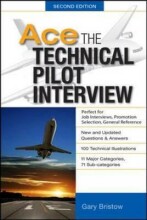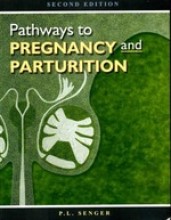Summary: Ace The Technical Pilot Interview | 9780071793865 | Gary V Bristow
- This + 400k other summaries
- A unique study and practice tool
- Never study anything twice again
- Get the grades you hope for
- 100% sure, 100% understanding
Read the summary and the most important questions on Ace the technical pilot interview | 9780071793865 | Gary V. Bristow.
-
1 Aerodynamics
-
Maximum glide range
Optimal angle of attack and corresponding minimum drag speed (VIMD)
-
1.1 Forces/Aerofoil Lift Drag weight
This is a preview. There are 5 more flashcards available for chapter 1.1
Show more cards here -
Effect of weight on glide range
Does not vary with weight; glide same distance as light a/c but faster
-
Chord line/Chamber line
Straight line from the leading edge to the trailing edge
Line from leading edge to trailing edge of equidistance on upper and lower surface
-
what is coefficient of lift
Lifting ability of a particular wing. Depends on shape/AoA
-
Center of Pressure + movement
Single point acting on the wingchord at right angles to relative flow through which the wings lifting force is produced
-
Aspect Ration (high/low)
high: high lift (gliders
low: lower lift but capable of higher speeds
-
2 major types of drag
Profile and Induced
-
minimum drag speed VIMD
Speed at which induced and profile drag are equal - > best lift to drag ratio
-
Maximum endurance (graph)
best lift to drag ratio: VIMD
-
1.5 Swept Wing
This is a preview. There are 3 more flashcards available for chapter 1.5
Show more cards here -
How does swept wing aid the increase in its critical Mach number?
A swept wing makes the velocity vector normal (perpendicular) to the leading edge a shorter distance than the chordwise resultant. Since the wing is responsive only to the leading edge, the effective chordwise velocity is reduced. (wind persuaded to believe that it is flying slower than it actually is)
Delays the airflow over the wing from going supersonic. Also thinner wing (chamber) = less profile drag
- Higher grades + faster learning
- Never study anything twice
- 100% sure, 100% understanding

































